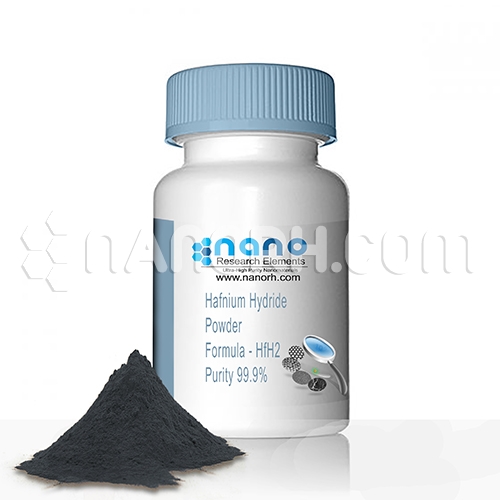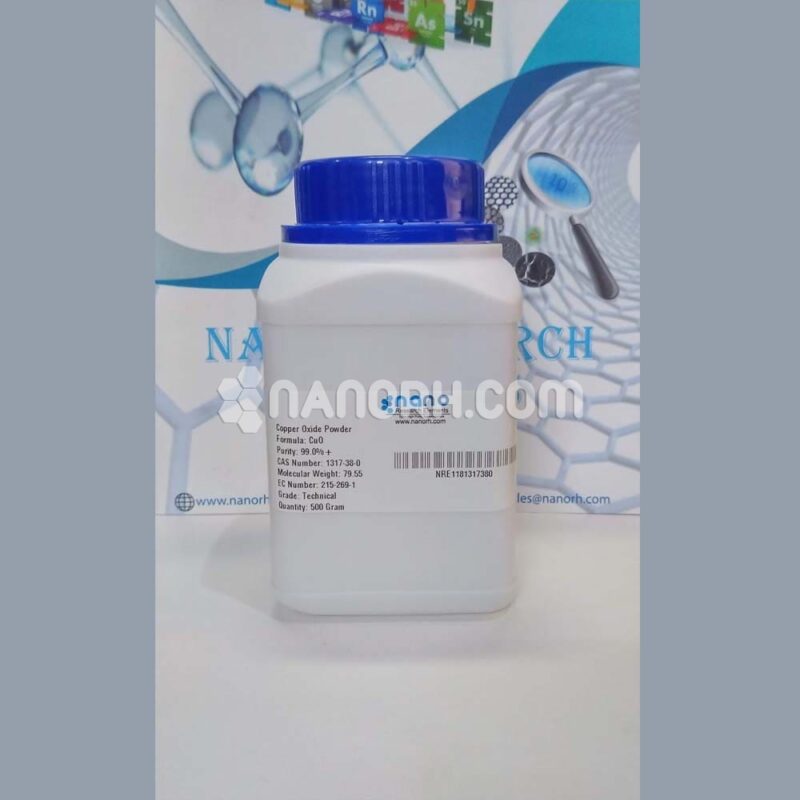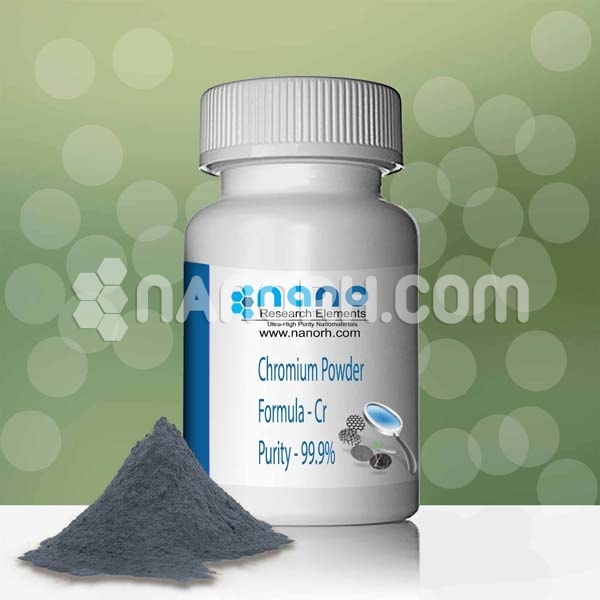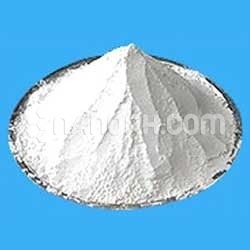| Hafnium Hydride Powder | |
| Product No | NRE-11113 |
| CAS No. | 12770-26-2 |
| Formula | HfH2 |
| Density | 11.4 g/cm3 |
| APS | <40µm (Can be Customized) |
| Purity | 99.9% |
| Form | Powder |
| Molecular Weight | 180.50 g/mol |
| Certificate Of Analysis | |
| Hf | 98.8% |
| H | 1.1% |
| Ti | 0.01% |
| Fe | 0.03% |
| W | 0.02% |
| C | 0.01% |
| Cr | 0.01% |
Hafnium Hydride Powder
Hafnium hydride powder, as the name suggests, refers to a powdered form of hafnium hydride, which is a compound of hafnium and hydrogen. Hafnium itself is a lustrous, silvery transition metal that is primarily used in nuclear reactors due to its ability to absorb neutrons. Hafnium hydride powder has several potential applications, some of which include:
Nuclear Reactor Control: Hafnium hydride has been studied for its potential application as a control material in nuclear reactors. Its ability to absorb neutrons makes it useful in controlling nuclear reactions and regulating the rate of fission, thereby contributing to the safety and efficiency of nuclear reactors.
Neutron Absorber: Hafnium hydride powder can be used as a neutron absorber in various applications, including nuclear power plants and research reactors. By absorbing excess neutrons, it helps prevent the occurrence of uncontrolled nuclear chain reactions and mitigates the risk of nuclear accidents.
Nuclear Safeguards: Hafnium hydride powder may be employed in the development of nuclear safeguards and security measures to prevent the proliferation of nuclear weapons. Its neutron absorption capabilities can be utilized to enhance the safety and security of nuclear materials and facilities.
Aerospace Industry: HfH2 powder may find applications in the aerospace industry, particularly in the development of high-temperature structural materials. Hafnium-based materials are known for their high melting points and excellent mechanical properties, making them suitable for use in high-temperature environments, such as in aerospace propulsion systems.
Hydrogen Storage: HfH2 powder has also been investigated for its potential use in hydrogen storage applications. As a hydride compound, it has the ability to store and release hydrogen gas, which is of interest in the development of hydrogen fuel cells and other hydrogen-based energy storage systems.




